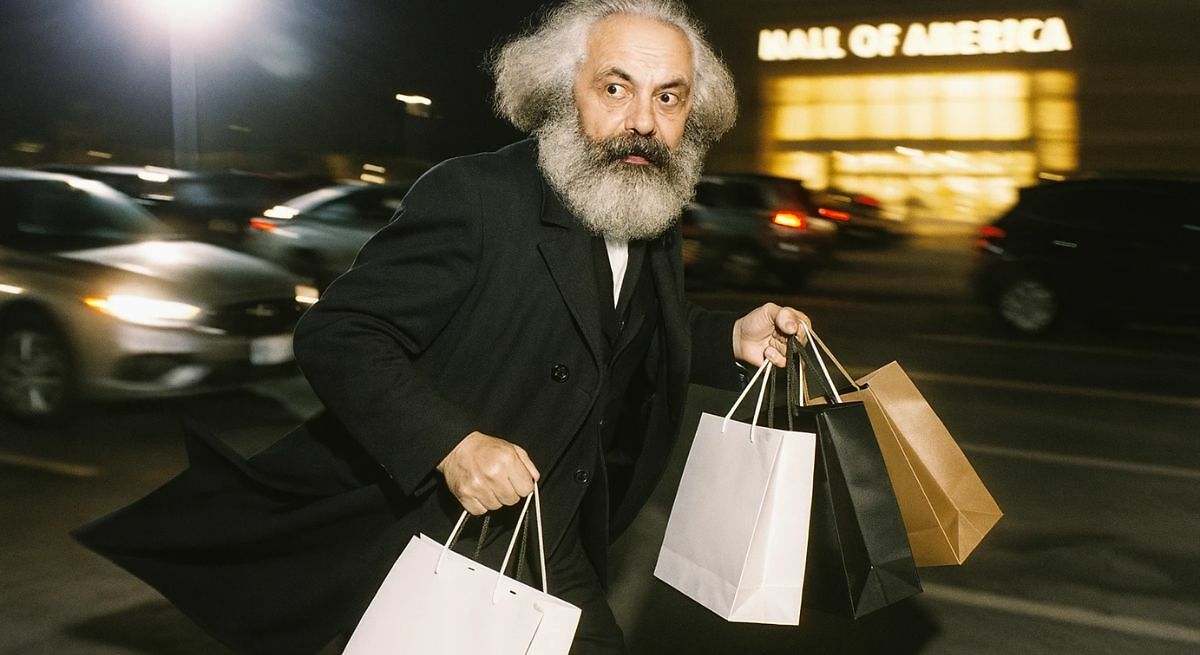OpenAI has taken another step forward in the evolution of its language models by integrating image generation into GPT-4o.
With this update, it has brought visual creation to a new level, enabling the generation of images in a variety of styles that are not only visually appealing but also functional and accurate—enhancing users’ ability to communicate ideas effectively.
However, this innovation has raised significant concerns regarding copyright and intellectual property rights.
One of the main points of controversy is the AI’s ability to generate images in specific artistic styles, such as those of Studio Ghibli or individual artists. This has drawn criticism from creators who argue that their work is being used without consent or compensation. While OpenAI has implemented restrictions to prevent the generation of images in the style of living artists, doubts remain about the effectiveness of these measures and their impact on the creative industry.
Responses from OpenAI and the Industry
In response to these concerns, OpenAI has taken several actions:
- It has introduced filters to prevent users from requesting images in the style of living artists.
- It offers creators the option to exclude their work from being used to train future AI models.
- It has incorporated metadata from the Coalition for Content Provenance and Authenticity (C2PA) into generated images, allowing users to verify their origin.
Nevertheless, many artists and copyright experts believe these actions are insufficient. Some organizations have begun exploring potential legal action against OpenAI and other generative AI companies for the unauthorized use of protected material.
The Future of AI-Generated Images
The controversy surrounding copyright in AI image generation reflects a broader debate about intellectual property in the digital age. As AI tools continue to advance, new regulations and frameworks are likely to emerge to balance technological innovation with the protection of creators.
For now, the industry and lawmakers must find ways to ensure that the development of artificial intelligence respects the rights of artists while fostering creativity and improving access to new tools for visual design and production.
#ChatGPT #ImageGenerator #GPT4o #OpenAI #AIArt #VisualCreation #CopyrightConcerns #ResponsibleAI #TechInnovation #AIandArt #HedySoftware
